Getty and Shutterstock are the latest platforms to ban AI-generated images
AI-image generators are taking over the internet, and are now infiltrating stock image sites – but maybe not for long
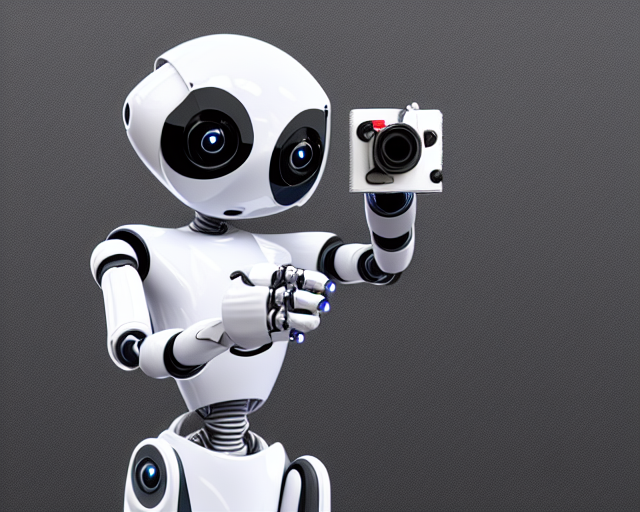
It seems that AI-image generators are cropping up left, right and center all over the internet. Whether you believe that these tools are the future of image and art creation, or the downfall of the industry, major platforms are now putting their foot down and banning all forms of content that were created using AI tools.
Getty is the latest big name to explicitly ban AI-generated art and photography, in an effort to prevent any legal repercussions the company could face surrounding unclear copyright and unaddressed rights issues with AI.
• The war against the machines has begun as PurplePort bans AI images
Joining the likes of PurplePort, Newgrounds and Shutterstock, Getty Images has forbidden the upload and sale of illustrations and / or photography that has been generated using AI image tools such as DALL•E, Midjourney, Stable Diffusion, Jasper Art and Artbreeder-collages.
Getty's CEO, Craig Peters, told The Verge that the platform intends to protect itself and its customers from any potential copyright disputes that may arise in the future, prompted by concerns about the legality of AI-generated content.
In most cases, AI software relies on existing pools of data and copyrighted works taken from all over the web – including stock photo sites, ironically – in the process of creating its prompt-generated content, often mining elements from original artworks without any form of credit or compensation.
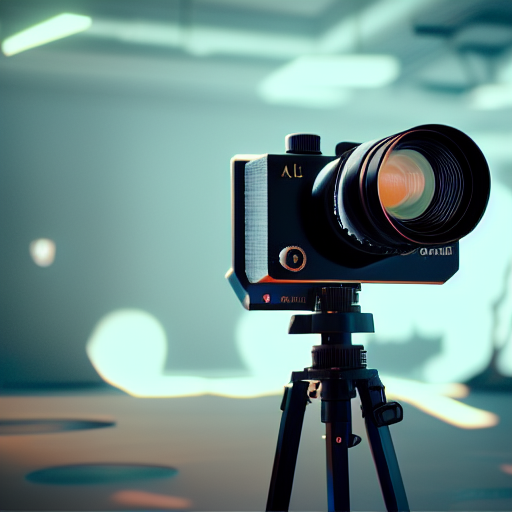
"There are real concerns with respect to the copyright of outputs from these models and unaddressed rights issues with respect to the imagery, the image metadata and those individuals contained within the imagery," said Peters.
Get the Digital Camera World Newsletter
The best camera deals, reviews, product advice, and unmissable photography news, direct to your inbox!
"The world is already awash in imagery. Digital cameras generated an exponential growth in imagery given the reduced cost and simplicity of capture, transmission, and use… our business has never been about the ease of creating imagery or the resulting volume. It is about connecting and cutting through."
The popularity of tools like MidJourney (Discord-based), Stable Diffusion and the DALL•E Mini (now called Craiyon) has soared over the last few months through promotion by social media websites, and AI-generated photorealistic meme content. Even Google has developed its own Imagen AI software that is not yet accessible to the public due to safeguarding concerns.
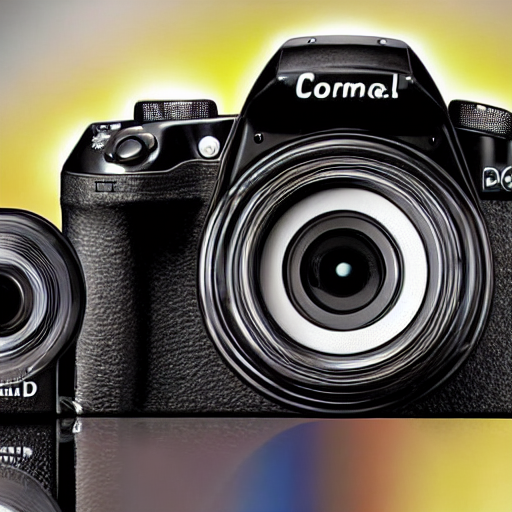
The latest DALL•E 2 software is currently being launched in beta mode to a limited number of people on a waiting list, and will operate as a credit-based paid model. The DALL•E 2 generator is created by a company called OpenAI, which reassures that the newest model will be filtered to control the creation of harmful or offensive content. The DALL•E Mini however is not associated with OpenAI, and its free-to-use for everyone approach appears to have limited safeguarding in place.
The OpenAI website states that "we've limited the ability for DALL•E 2 to generate violent, hate, or adult images. By removing the most explicit content from the training data, we minimized DALL•E 2’s exposure to these concepts. We also used advanced techniques to prevent photorealistic generations of real individuals' faces, including those of public figures."
Stable Diffusion, on the other hand, is an open-source, unfiltered image generator that's free to use for anyone and for almost any purpose, without any restrictions. The company behind the funding and development of Stable Diffusion is Stability AI, and it has stated that it hopes everyone will use the AI generator in an ethical, moral, and legal manner, and contribute both to the community and discourse around it.
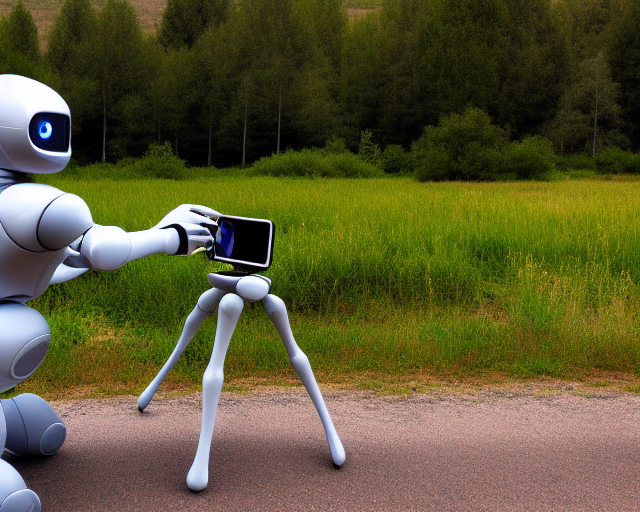
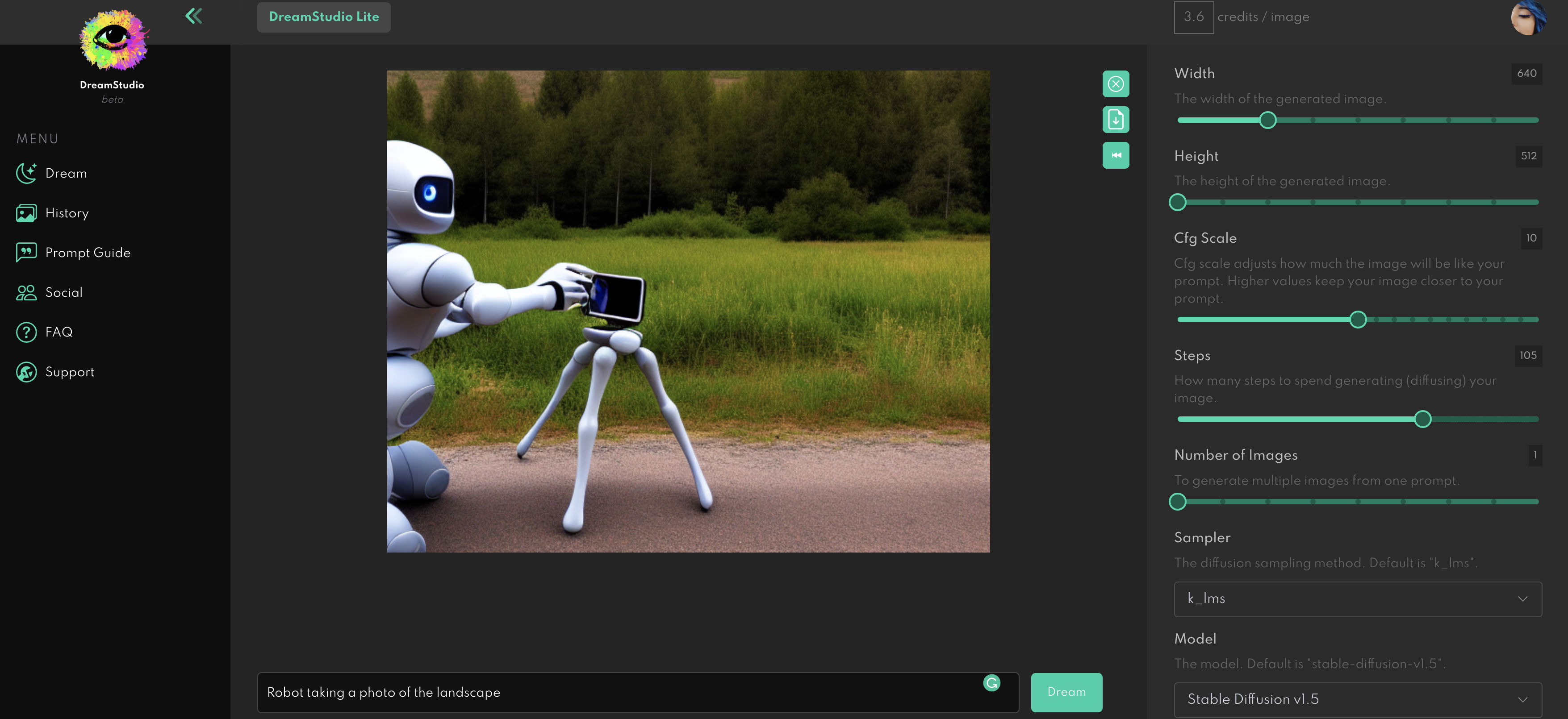
Images that have been generated by AI software machines are (as reported by PetaPixel) currently being listed for sale en-masse online via global stock photo websites such as Getty, Shutterstock, iStock, and Adobe Stock.
This increased competition for "real-life" photographers selling their work is one thing, but the unaware purchasers of AI-generated images that might be used in advertising, for example, pose a risk to their own finances and reputations should they be faced with copyright infringement unknowingly.
Peters didn't specify if the company had already found itself in a situation of legal troubles with AI materials, though he did note that there is a limited amount of content existing on the platform. He noted that Getty Images users will be relied on to identify, flag and report AI images.
The company is also working with C2PA (the Coalition for Content Provenance and Authenticity) to develop content-identifying filters, though the reliability of these filters and enforceability of the AI ban remains to be determined.
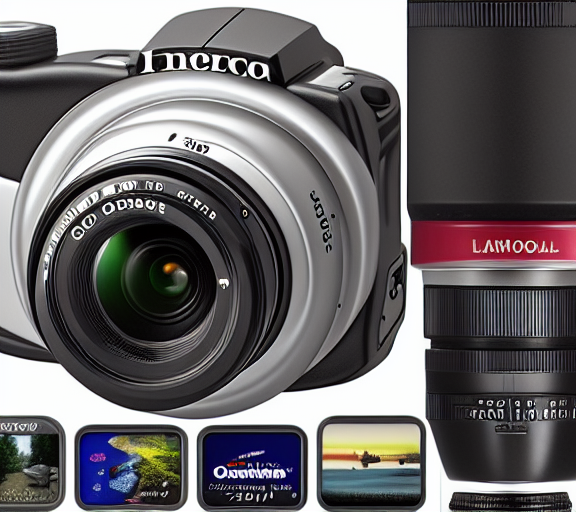
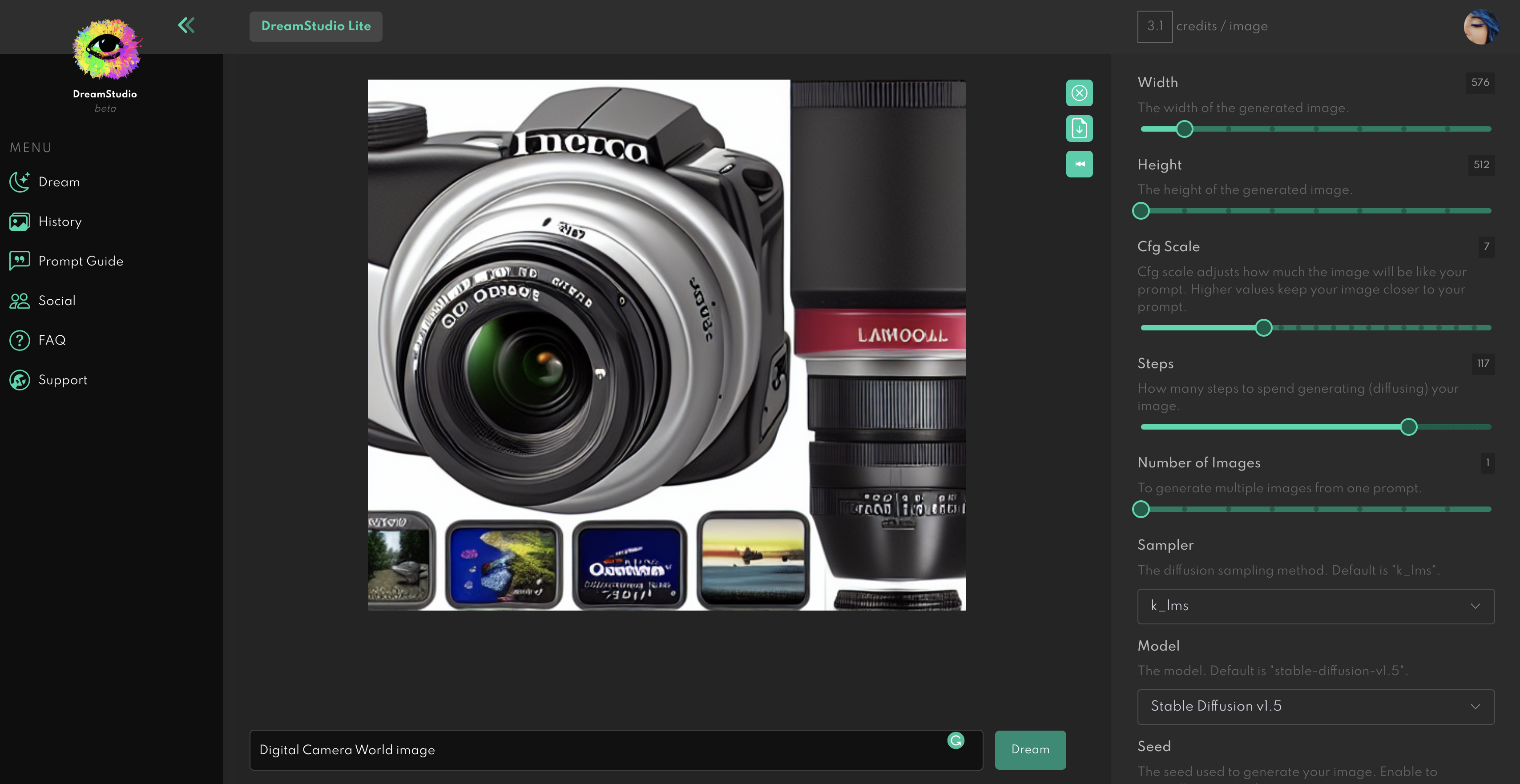
As for Shutterstock, the company does not explicitly prohibit the selling of AI-generated images – though Vice has reported that most of the AI images on the platform are disappearing from sale and likely being removed by the company amid similar fears to those shared by Getty.
Searches for images and content on Shutterstock tagged with "Midjourney" is said to have once yielded several thousand AI images, but these results have since been drastically reduced to only 200 images, leaving mainly stock photos of the MidJourney AI's company logo instead. When searching "Stable Diffusion" on Shutterstock, only about 25 results show AI-generated content.
Searching for AI content via Getty Images using the terms "MidJourney", "DALL-E", and "Stable Diffusion" yielded zero AI-generated images, as far as could be determined from the first five pages of results.
Over 400 results could be found for searching "Midjourney" using Adobe Stock, revealing very clearly AI-generated images. Impressively, we could only find one AI image for sale on Picfair.
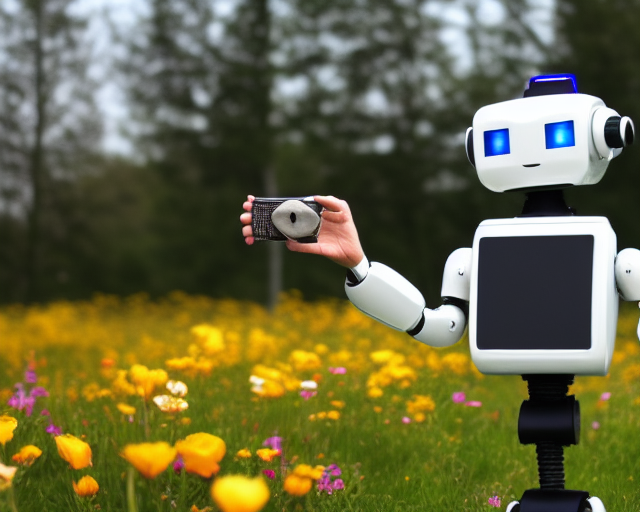
• You may also want to take a look at our guides to the best photo editing software, as well as the best monitors for photo editing, and don't forget the best photo-editing laptops. Also, take a look at these Top 10 AI tools in Photoshop and the meaning behind What is an AI camera?
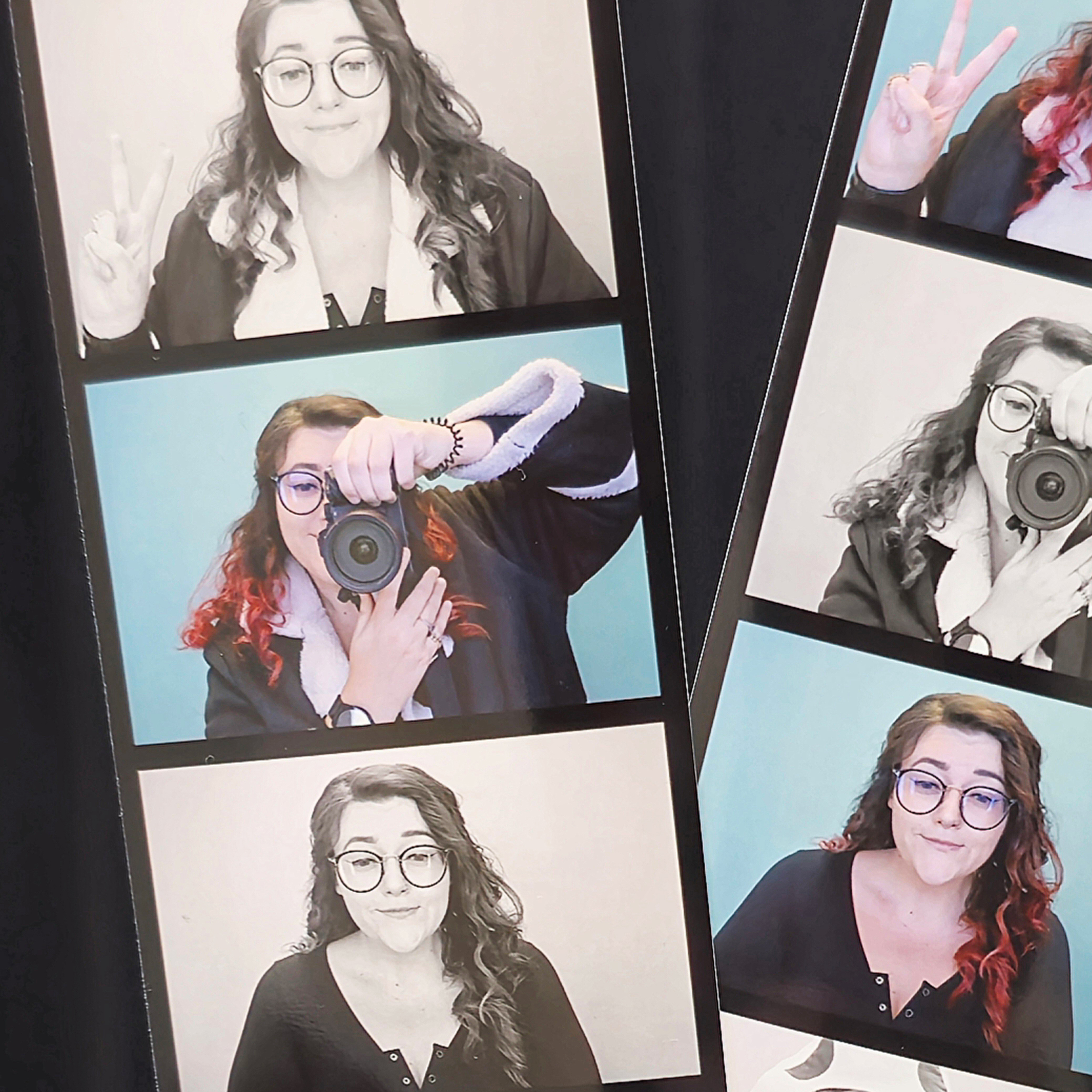
Beth kicked off her journalistic career as a staff writer here at Digital Camera World, but has since moved over to our sister site Creative Bloq, where she covers all things tech, gaming, photography, and 3D printing. With a degree in Music Journalism and a Master's degree in Photography, Beth knows a thing or two about cameras – and you'll most likely find her photographing local gigs under the alias Bethshootsbands. She also dabbles in cosplay photography, bringing comic book fantasies to life, and uses a Canon 5DS and Sony A7III as her go-to setup.
